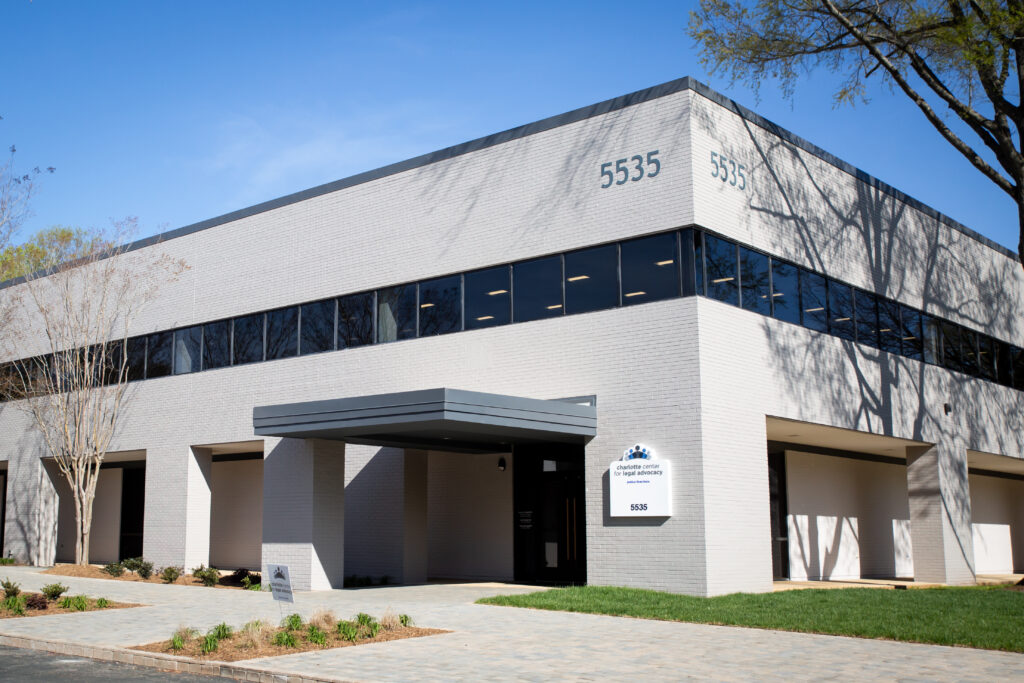By Ryan Pitkin

With the repeal of the federal public health emergency order on May 11, residents will see a drop in COVID-19 tracking and testing, among other changes, while some non-residents face a more unsure future. Title 42, a provision that has been used to temporarily suspend immigration into the United States during public health emergencies, was also allowed to expire on Thursday.
While the expiration of the order is expected to lead to backups at the Mexican border, it may also lead to an influx in migrants in the Charlotte area, home to the only federal immigration court in the Carolinas.
The Charlotte Center for Legal Advocacy (CCLA) is preparing to assist Charlotte-area migrants who may be affected by the ending of Title 42, “adapting to the changing legal environment in order to address the increasing needs of the migrants coming to the area,” according to a release put out by the organization on Thursday.
“With the ending of Title 42 today, the Advocacy Center recognizes the need for urgent support to migrants who may have been impacted by this provision,” said Sharon Dove, director of the CCLA’s Immigrant Justice Program. “We are committed to the protection and support of our community and to defending all immigrants — both the newly arrived and those who have been here longer — in removal proceedings.”
CCLA is offering free legal consultations at its Pro Bono Room in east Charlotte, a small room located next to the waiting room at Charlotte Immigration Court, 5701 Executive Center Drive. The consultation aims to empower someone caught up in the deportation process to make an informed choice about whether to spend money on legal fees, which can be extraordinarily expensive, or learn how to represent themselves “pro se” if that’s what they choose to do.
Read more at: https://qcnerve.com